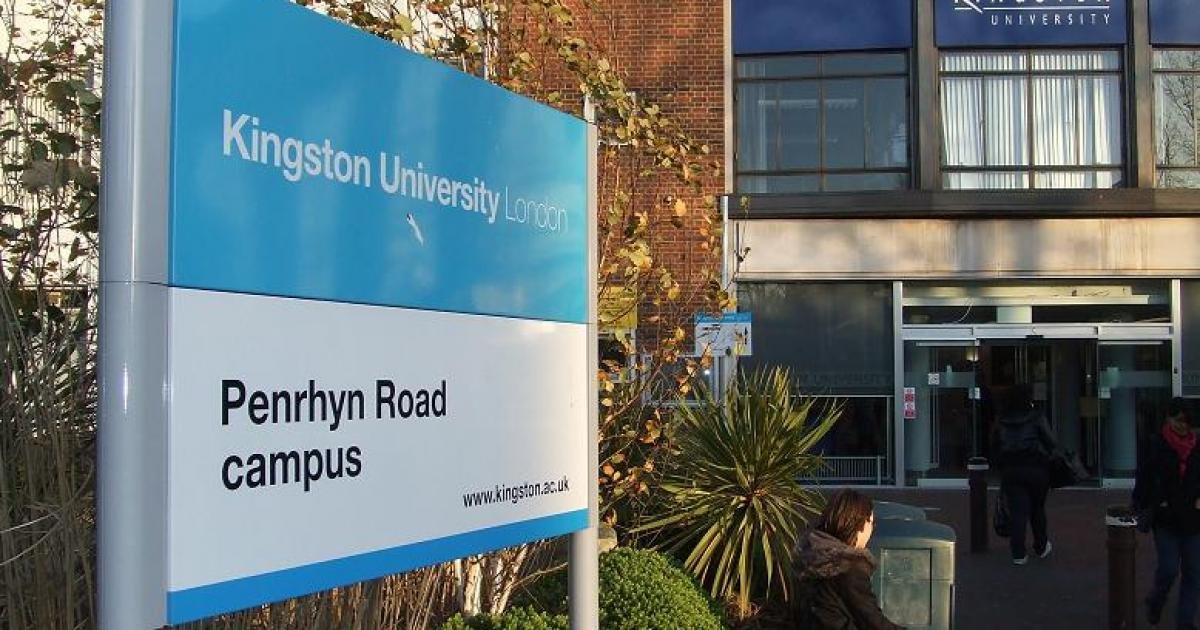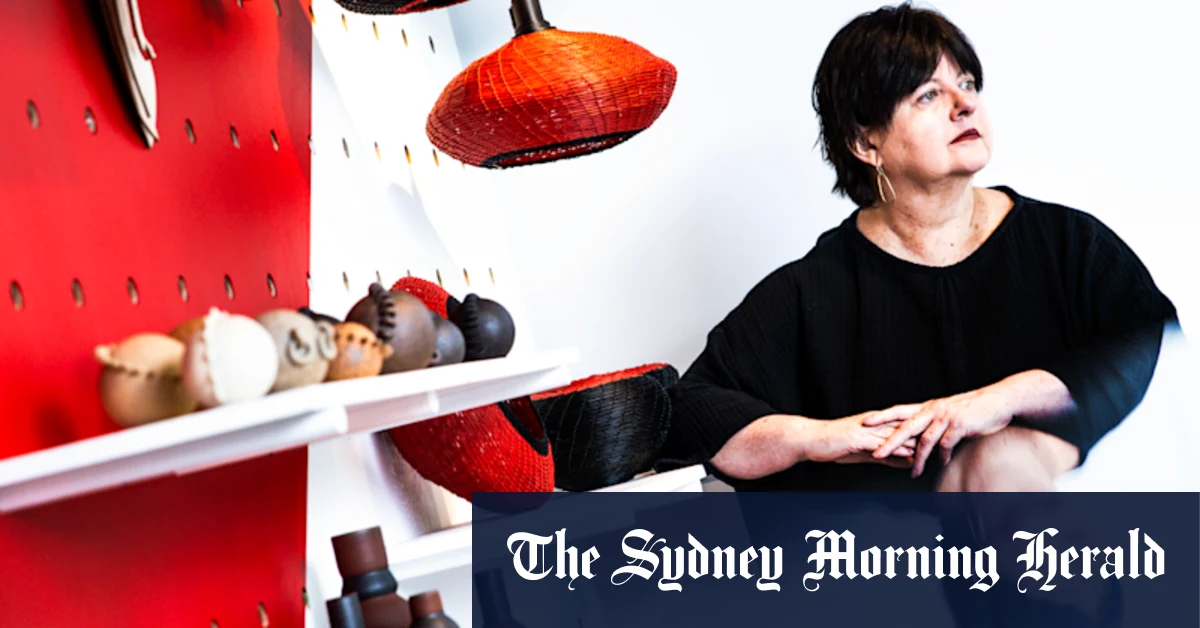It placed eighth in the subject category in the latest Complete University Guide 2026 rankings, which cover 74 subject areas and overall university performance.
The guide, published annually, helps prospective students make informed choices about higher education by evaluating institutions across the UK using 10 key measures.
Professor Amanda Chetwynd, chair of the Complete University Guide advisory board, said: “Congratulations to the London School of Economics and Political Science for securing the top spot in this year’s London Complete University Guide rankings and to all universities in the region for supporting their students to achieve their ambitions.
“Our methodology draws on a range of trusted, independent measures that reflect the factors students care most about, including teaching quality, student satisfaction and graduate outcomes.”
The rankings are based on entry standards, student satisfaction, research quality, research intensity, academic services spend, student facilities spend, continuation rates, student-staff ratio, graduate prospects – outcomes, and graduate prospects – on track.
This year, Kingston’s strong performance in art and design highlights its ongoing reputation for excellence in creative education.
The university is joined by other London institutions with high subject rankings, including City St George’s, University of London, which placed ninth for communication and media studies, and Goldsmiths University, which placed 10th in the UK for art and design.
Across the capital, universities are accepting lower entry grades compared to last year, reflecting a more competitive recruitment environment.
However, the guide also notes a decline in graduate prospects and continuation rates, with the latter dropping to 89 per cent compared to 92 per cent two years ago.
These trends point to growing pressures on students and higher education providers.
On average, 74 per cent of graduates across the UK have moved into graduate-level or professional roles, or are pursuing further study, just over a year after finishing their courses.
Some universities, however, report even stronger outcomes, which the guide attributes to the dedication and tenacity of their students.
At Imperial College London, 96 per cent of graduates have secured graduate-level roles or continued their studies.
The University of St Andrews reports an 87 per cent rate, while Queen’s University Belfast stands at 86 per cent.
Cardiff University and City St George’s both recorded 84 per cent.
The guide also highlights a decrease in student continuation rates nationally.
On average, 90 per cent of students remained on their courses a year after enrolling, down from 92 per cent the previous year.
Simon Emmett, chief executive officer of IDP Education, said: “The rankings demonstrate the breadth of excellence in UK HE.
“We’re proud to provide main tables, subject tables and unique data sets to enable students to make the right choice for them.
“And for the sector, I hope they will be used to track and drive best practice.
“Factors such as course continuation rates and outcomes are important to students, the sustainability of the sector and the economy as a whole.”
The rankings reinforce the importance of looking beyond overall university scores to identify subject-specific strengths.
While some institutions may not place highly overall, they can offer top-tier education in specialised fields.
The Complete University Guide’s regional and subject tables aim to support students in finding the right course and institution to match their ambitions, whether they are considering options early in the application cycle or preparing for Clearing.







